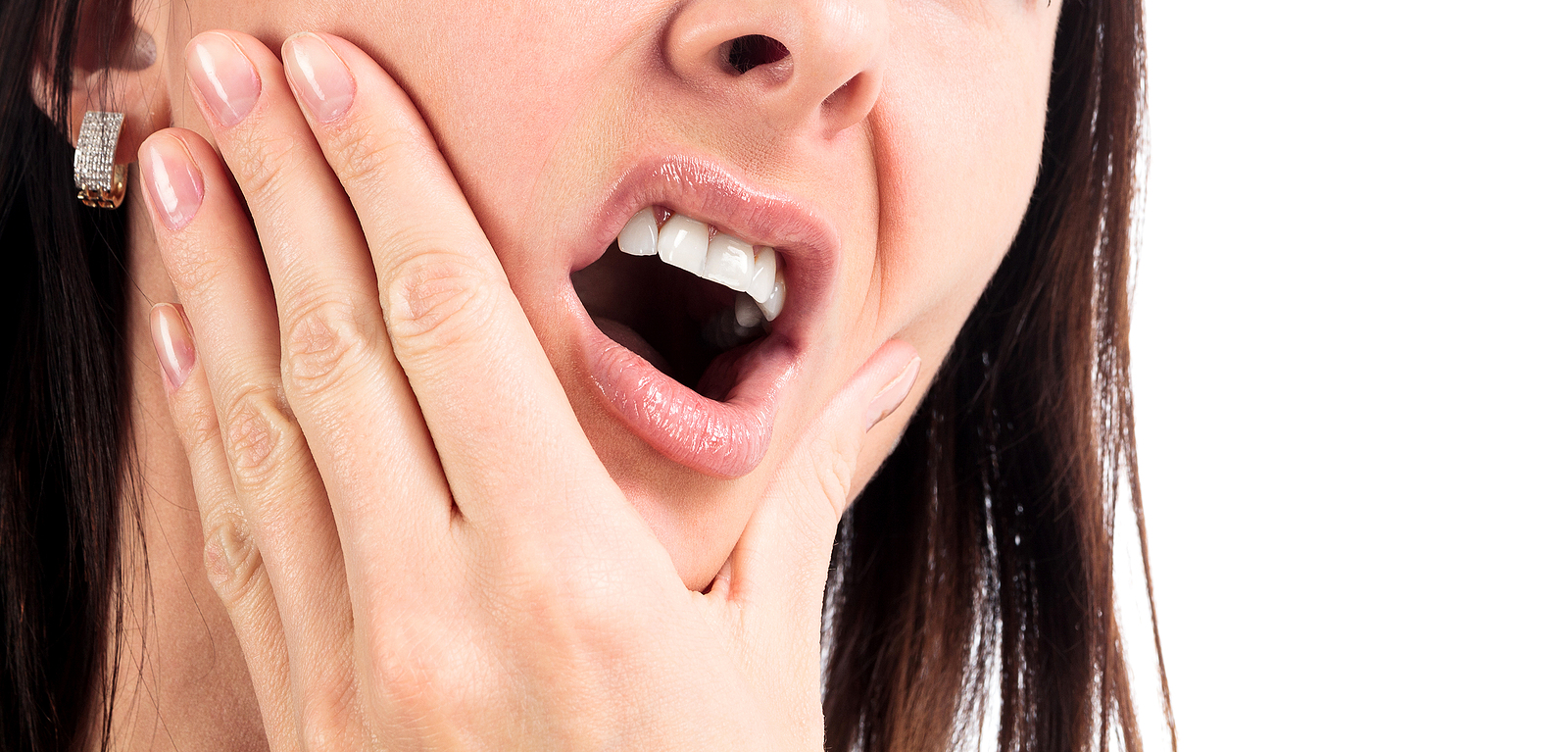Having pain in and around your mouth and face can be very distressing and make it very difficult for you to go about your daily life.
More often than not, the pain will be temporary and not something to be particularly concerned about, but if your symptoms persist for more than a week or so, or if they worsen over time, you may want to seek further medical advice.
It’s important to know what the root case of your dental pain is so you can decide on the best course of treatment. What’s interesting, however, is that dental pain can actually not be caused by an issue with your teeth. It could, for example, be related to sinusitis, where the maxillary sinuses are affected.
What is sinusitis?
As the name might suggest, sinusitis occurs when the sinuses are swollen, typically caused by an infection of some kind. It is a very common condition and will usually clear up by itself within four weeks or so, although there is medication that can help if symptoms take a long time to resolve themselves.
Symptoms of sinusitis include:
– Pain, swelling and tenderness around the forehead, eyes and cheeks
– A reduced sense of smell
– A blocked or runny nose
– A high temperature
– Green/yellow nasal mucus
Other symptoms of sinusitis include headaches, bad breath, a cough, a feeling of pressure in the ears… and, crucially, toothache.
The reason you might experience dental pain when you have sinusitis is because the maxillary sinuses, which are found behind the cheekbones and above the teeth, are affected.
Because sinuses and teeth are so close together anatomically, it is possible for tenderness to be felt in the upper teeth. As such, it can be easy to confuse the underlying cause of the pain and you may think you have a dental problem, rather than a sinus-related one.
However, it’s important to remember that dental infections can also cause sinusitis. In fact, research shows that around ten per cent of all sinusitis cases are down to odontogenic processes, while other studies go so far as to suggest that up to 40 per cent of all sinusitis cases might have underlying dental pathology.
Treating sinusitis
Mild sinusitis can be treated by getting lots of rest, staying hydrated, taking painkillers like ibuprofen or paracetamol, avoiding allergen triggers, using a saline solution to clean your nose out and avoiding smoking.
If your symptoms still don’t improve, your GP or a pharmacist can prescribe you antihistamines (if your symptoms are caused by an allergy to something), or steroid nasal sprays to reduce sinus swelling.
If your symptoms still persist (over three months or more), you may be referred to an ear, nose and throat specialist. It is possible that surgery will be advised to widen your sinuses.
What are dental abscesses?
While sinusitis can cause dental pain, it’s also possible that your symptoms are caused by a problem with your actual teeth, rather than referred pain from elsewhere.
Dental roots can extend into the maxillary sinus cavities, which makes it easier for bacteria to make its way from a diseased tooth into the sinuses.
It’s vital that the root cause of the pain you’re experiencing is identified, otherwise you could find yourself taking antibiotics or even undergoing surgery that won’t provide you with the relief you need if you have a dental infection that’s being treated as something else.
Symptoms of dental abscesses include:
– Intense toothache
– Pain in the gums
– Redness inside the mouth or on the jaw/face
– Swelling in the face or jaw
– A high temperature
– A bad taste in your mouth
– Difficulty opening your mouth
– Difficulty chewing
– Sensitivity to hot or cold food/drink
What causes dental abscesses?
When you have an infection in your mouth, pus can build up beneath the teeth or gums, causing an abscess.
Onset can be down to impacted teeth (where they haven’t grown out of the gums properly), gum disease, tooth decay, an injury to the teeth, gums or mouth, or treatments like radiotherapy and chemotherapy.
You can prevent dental abscesses by brushing your teeth with fluoride toothpaste at least twice a day, flossing in between your teeth using dental tape or interdental brushes, replacing your toothbrush every three months (or when the bristles are matted) and by having regular checkups with the dentist.
You can also improve the health of your mouth generally by not smoking and avoiding alcohol.
Treating dental abscesses
While there are ways in which you can address your symptoms, it’s essential that you do see a dentist as soon as possible so that they can drain the pus from your tooth and clear the infection entirely.
However, if you don’t currently have a dentist or if you’re unable to get an emergency appointment for whatever reason, you can give yourself some relief by taking dental abscess antibiotics.
Amoxicillin can be administered without a prescription so you don’t have to go and see your GP to get some. You can complete a consultation with an online pharmacy and a registered prescriber will be able to dispense and dispatch the medication for next-day delivery.
The medication itself is a penicillin antibiotic that fights bacteria and is the frontline drug of choice for dental infections. Typical adult dosage is 500mg three times a day for five days. It is only prescribed for emergency dental problems, however, such as dental abscesses and gum diseases where the gums have become infected, sore or swollen.
How does the online pharmacy process work?
To buy amoxicillin online, you will need to complete a free online consultation and one of the My Chemist Pharmacy prescribers will assess and issue an online prescription, with your medication dispatched in discreet packaging via a next-day delivery service.
Rest assured that we are registered and regulated by the General Pharmaceutical Council and are licensed by the Medicines Health Regulatory Agency. As such, we are legally able to supply both prescription and non-prescription medication.







